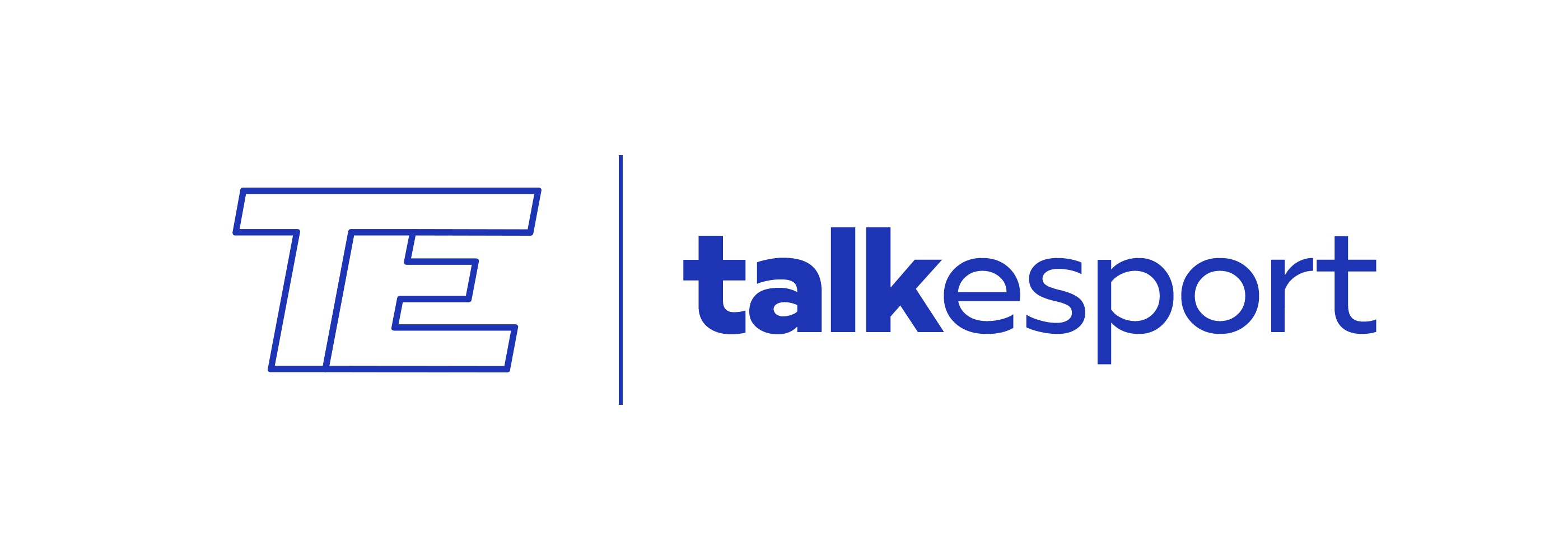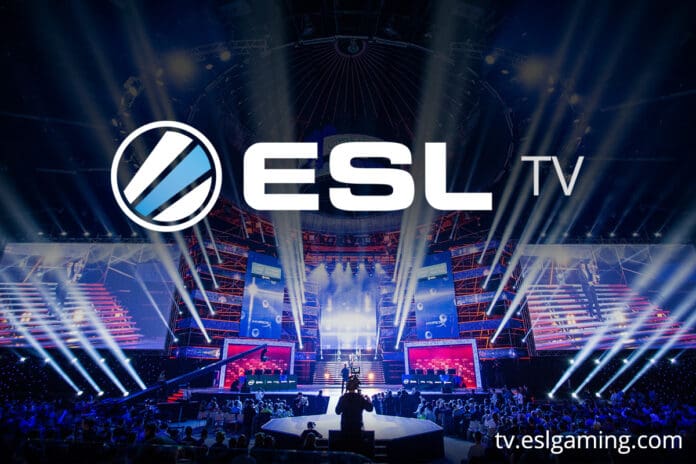Notoriously, the DotA 2 community on Reddit isn’t happy about how ESL has chosen to broadcast the games. The games which were earlier being streamed on Twitch has now found a new home. The professional competitive games have now started to be broadcasted live on Facebook, a social media giant.
The community, as practically understandable, wasn’t happy about this move and started to complain about this in masses. ESL, however, instead of getting things right on their end by fixing the quality of the stream, blocked other streamers. Even further, ESL sent DMCA notices and copyright strike down on accounts who were trying to simplify the streams.
I’m not happy about it, but I feel obligated to point out that broadcast rights are THE largest source of economic rents for nearly EVERY professional or major competitive sports league around the world. Esports is not different just “because we’re esports”.
— Nahaz (@NahazDota) January 23, 2018
Valve had to intervene in the situation and warned Valve, that it was wrong in doing that. Valve even confirmed that ESL doesn’t have the right to stop anyone else from streaming the game.
Official statement from Johannes
In a statement by the official ESL staff, they’ve firmly apologized on their decision, the complete statement below:
I`ll get straight to the TL;DR here (and then add more details and context to it):
Over the last few days, we were wrong in how we acted in multiple instances, and this post is to apologize to you, fans of esports and community streamers affected.
We were wrong in how we kicked off streaming on Facebook and we were wrong in handling the follow-up with the community, the communication here and the DMCAs which we have since retracted.
The introduction of Facebook as our new broadcast platform did not go as it should have. Instead of focusing on ironing out the kinks, engaging in the right kind of dialogue with you and incorporating your legitimate feedback we were busy following protocol and defending our actions. We should have simply let the community streamers do their thing while focusing on getting our end right. Regardless of having or not having the right to do so, taking down streamers that provide a good experience while we aren’t is not the way to go about things.
We were in the wrong. We will learn from it and go forward.
Now, I’m not going to try to defend it, but since the platform and streaming of the game is a topic which will resurface, I`ll try and add some details and context which are important to consider for the broader picture:
ESL’s goal is to elevate esports. It’s been that way for the past 18 years and many of the same people that started the company in 2000 are still the same ones working behind the scenes at ESL today. We’re not in it for short-term profits but want to help build an industry. Helping to create esports is not only the core of our efforts, it is all we do. Our mission is to give players and teams a platform to create big moments that you enjoy, talk about and remember.
Expanding the number of streaming platforms which show and promote esports and building an environment where platforms compete to show esports is part of that process. Working with companies that can help us bring esports to the mainstream, is part of that process. Yet if the things we do come at the expense of our relationship with the audience, we need to critically re-evaluate our approach.
We acknowledge our mistakes and we apologize. What we got wrong last week we want to get right for the rest of the year. That means learning from what happened, working with Facebook on improving the experience as well as changing the way we talk with you.
All things considered, thank you for watching ESL One Genting, whichever platform you did it on. I’ll be here to continue collecting feedback as I have been for the last couple of days and trying to continue the dialogue.
What is a DMCA
The Digital Millennium Copyright Act (DMCA) is a controversial United States digital rights management (DRM) law enacted October 28, 1998, by then-President Bill Clinton. The intent behind DMCA was to create an updated version of copyright laws to deal with the special challenges of regulating digital material. Broadly, the aim of DMCA is to protect the rights of both copyright owners and consumers. The law complies with the World Intellectual Property Organization (WIPO) Copyright Treaty and the WIPO Performances and Phonograms Treaty, both of which were ratified by over 50 countries around the world in 1996.


